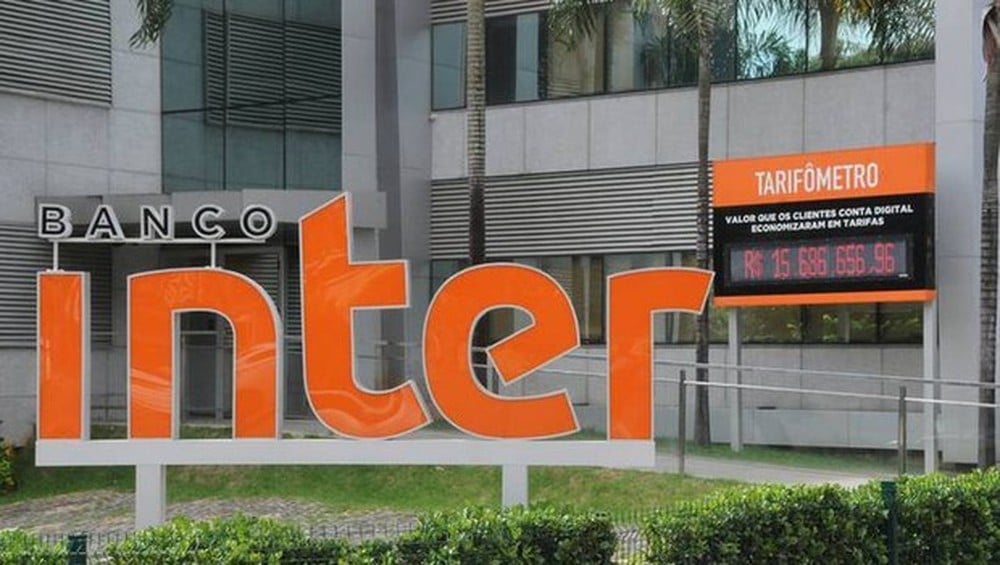The Brazilian Bank Inter agreed to pay 500.000,00 USD after a data leak case which involved information of around 20.000,00 customers. This agreement was celebrated between the bank and the Prosecution Office to end a litigation proceeding that started in July of 2018.
This case is interesting considering that the new law of privacy and data protection was created in August of 2018 (that will only take effect in February of 2020) it shows that the Brazilian authorities, especially the Prosecution Office, are very aware of this type of situation, even before the law was created. Another important aspect that it was a relative low-profile case that impacted a relative low number of people (considering that there are several cases that reach much higher amounts) and, even considering this situation, that would “fly under the radar” in most of the situations, was discovered, investigated and prosecuted.
In Brazil is always discussed, when a new law is created, especially an important law like that revolves around data protection, if the law is going to be really “adopted” or not, since is not unheard-of cases where a law (and several obligations) is created to be thoroughly neglected by the authorities and, consequently, by companies and citizens. Nevertheless, cases like this one show that this concern is unnecessary, and that the law is going to be duly applied.
That being said, in consideration of the case itself, Bank Inter stated that there was not any evidence of data leak, and most of the details are still under secrecy, however, although the Prosecution Office does not require that the party admits its fault, in order to celebrate the agreement, after this case Bank Inter will be considered recidivist in matter related to data protection and privacy, which is a issue that will need to be considered by the company in its future endeavors.
Lawyer Author of the Comment: Luciano Del Monaco
Headline: Banco Inter fecha acordo para pagar R$ 1,5 milhão após vazamento de dados de clientes
“If you want to learn more about this topic, contact the author or the managing partner, Dr. Cesar Peduti Filho.”


